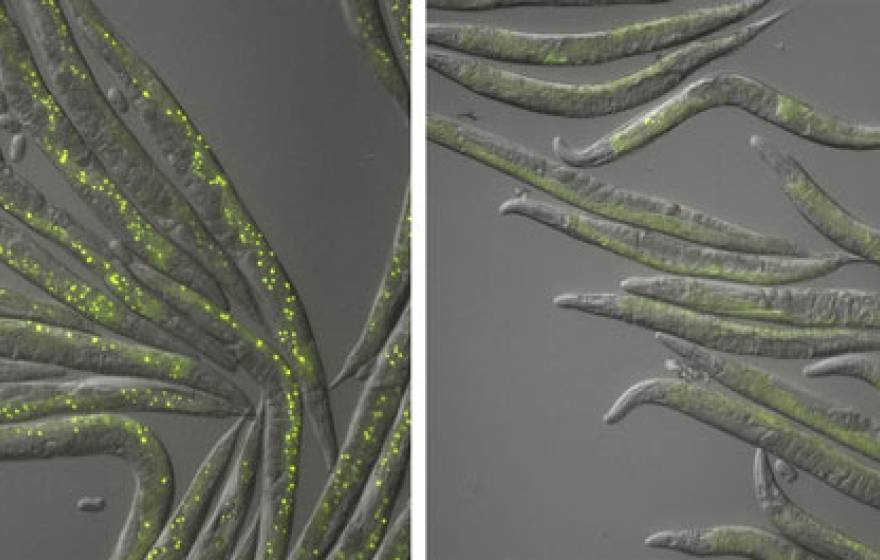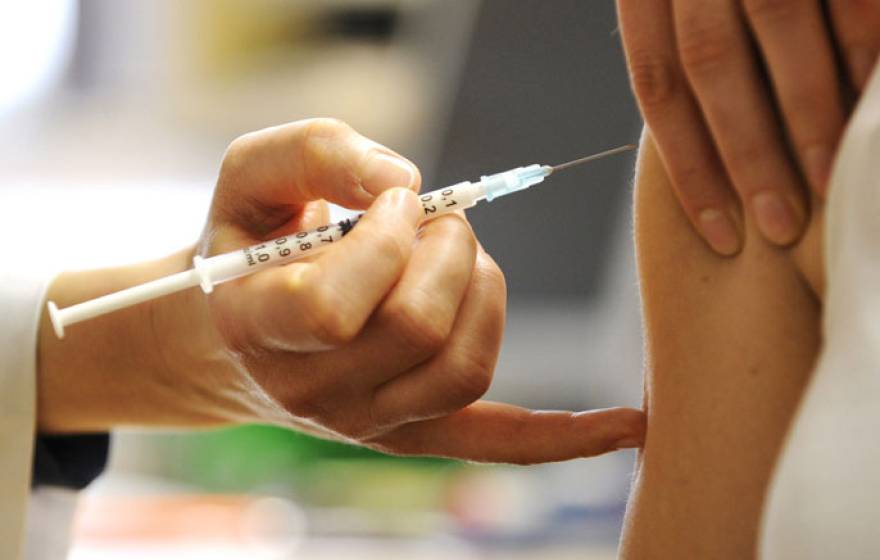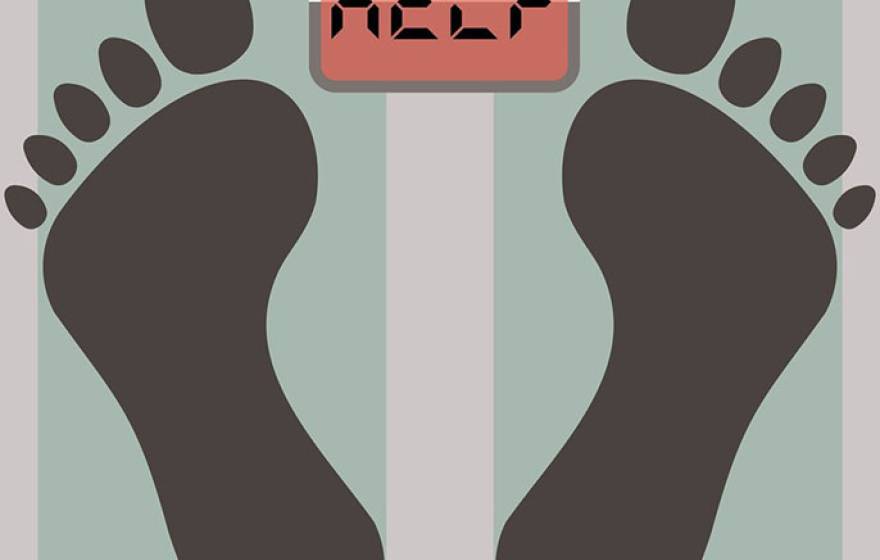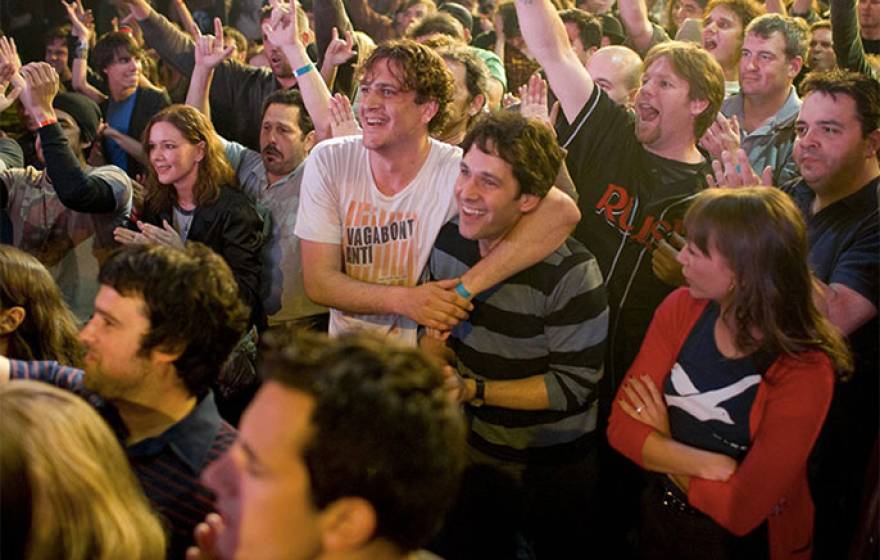A new UCSF study is testing a theory about how much stress is good for us.
Reeling from the news? Train your brain to feel better with these 4 techniques
Tips from neuroscience can help you cope with events outside your control.
Living in better neighborhood may protect health of kids in poverty
Less stress hormone is found in children with access to green spaces, clean air and quality grocery stores.
How to control worrying (according to science)
There hasn't been a scientifically proven technique for reducing stress — until now.
Researchers discover new pathway for handling stress
Newly detected resistance mechanism helps protect cells from threats such as heat shock.
Blocking the 'love hormone'
A new study finds that blocking oxytocin works better than Prozac to help stressed mice.
Stressed out by the news? Nature videos will make you happier
Being out in the wild is good for you. Turns out, watching the wild is, too.
Could a stress vaccine actually work?
UCLA's George Slavich on whether a treatment that's been successful with mice should be used on humans.
Want to lose weight? Train the brain, not the body
Emotional brain training can help you break the stress-obesity connection, a UCSF professor says.
Bromances may be good for men’s health
UC Berkeley study of rats shows that stress can bring males together, findings that also have implications for post-traumatic stress disorder.









